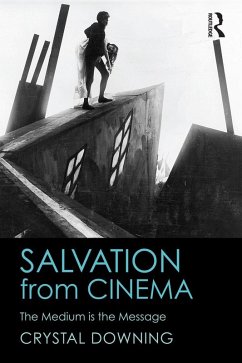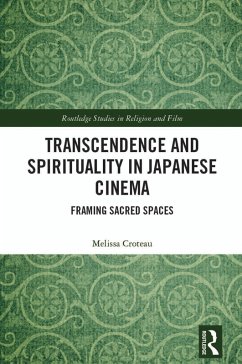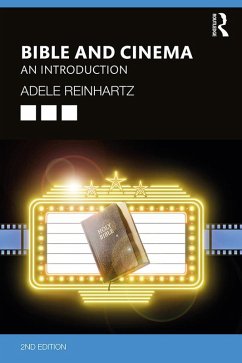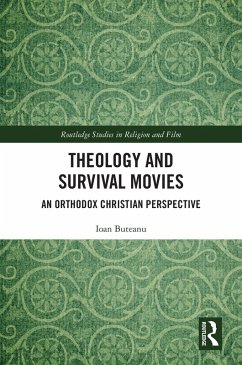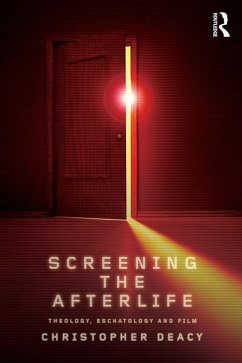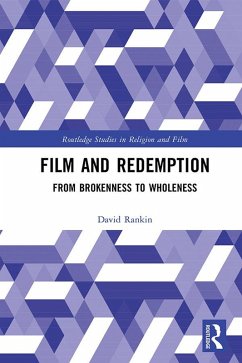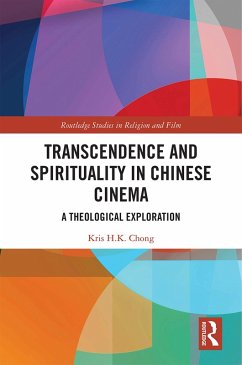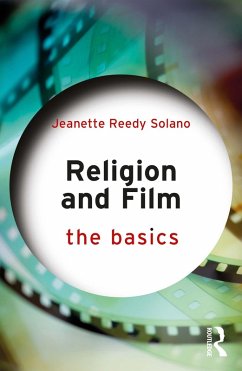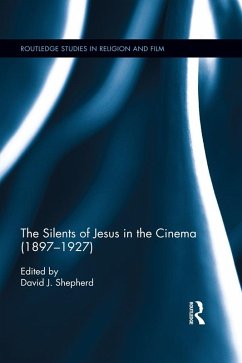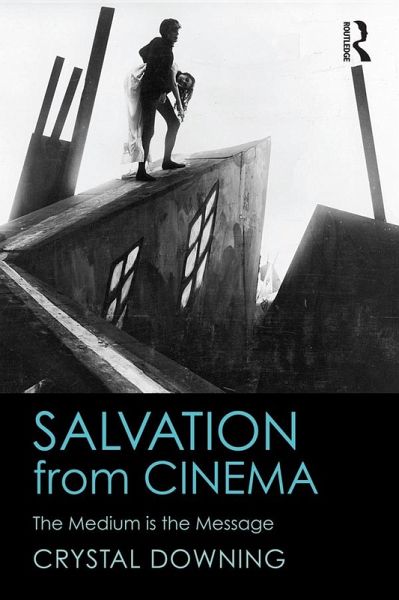
Salvation from Cinema (eBook, ePUB)
The Medium is the Message
Versandkostenfrei!
Sofort per Download lieferbar
41,95 €
inkl. MwSt.
Weitere Ausgaben:

PAYBACK Punkte
21 °P sammeln!
Salvation from Cinema offers something new to the burgeoning field of "religion and film": the religious significance of film technique. Discussing the history of both cinematic devices and film theory, Crystal Downing argues that attention to the material medium echoes Christian doctrine about the materiality of Christ's body as the medium of salvation. Downing cites Jewish, Muslim, Buddhist, and Hindu perspectives on film in order to compare and clarify the significance of medium within the frameworks of multiple traditions. This book will be useful to professors and students interested in t...
Salvation from Cinema offers something new to the burgeoning field of "religion and film": the religious significance of film technique. Discussing the history of both cinematic devices and film theory, Crystal Downing argues that attention to the material medium echoes Christian doctrine about the materiality of Christ's body as the medium of salvation. Downing cites Jewish, Muslim, Buddhist, and Hindu perspectives on film in order to compare and clarify the significance of medium within the frameworks of multiple traditions. This book will be useful to professors and students interested in the relationship between religion and film.
Dieser Download kann aus rechtlichen Gründen nur mit Rechnungsadresse in A, B, BG, CY, CZ, D, DK, EW, E, FIN, F, GR, HR, H, IRL, I, LT, L, LR, M, NL, PL, P, R, S, SLO, SK ausgeliefert werden.




